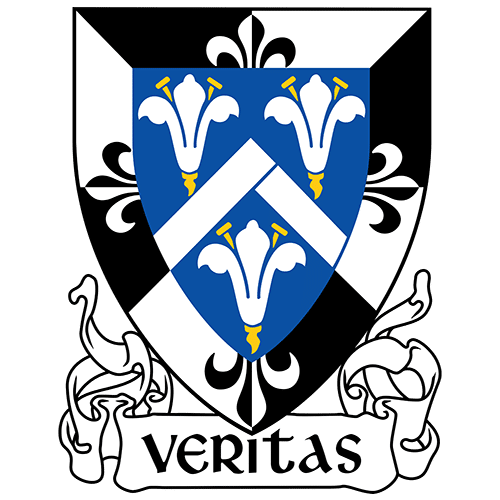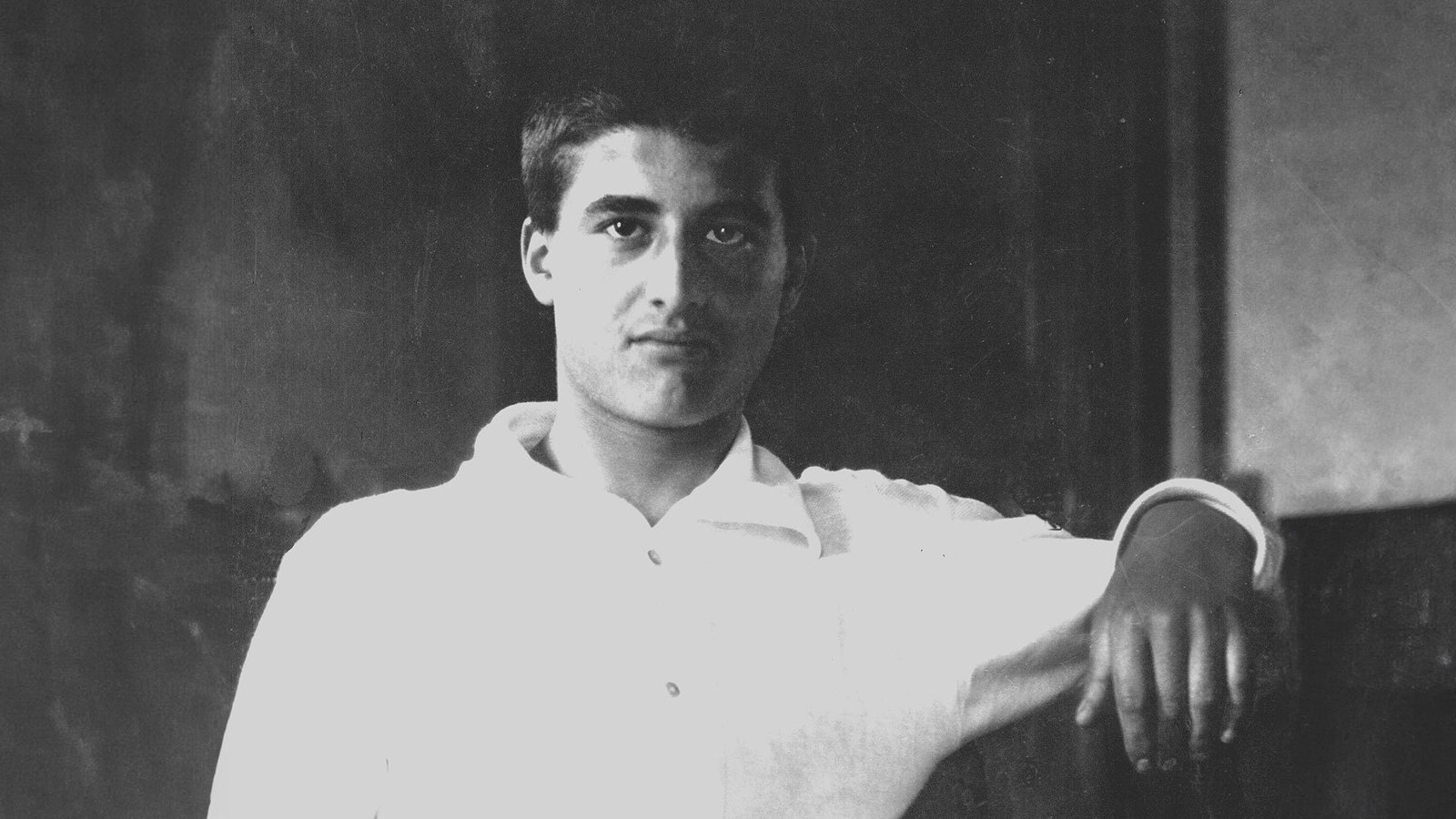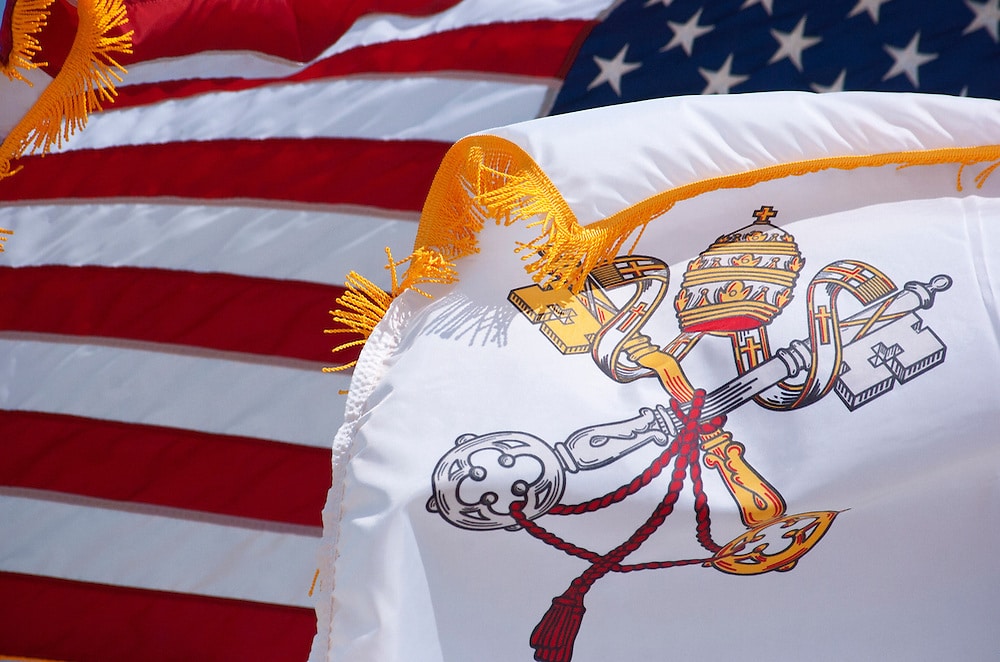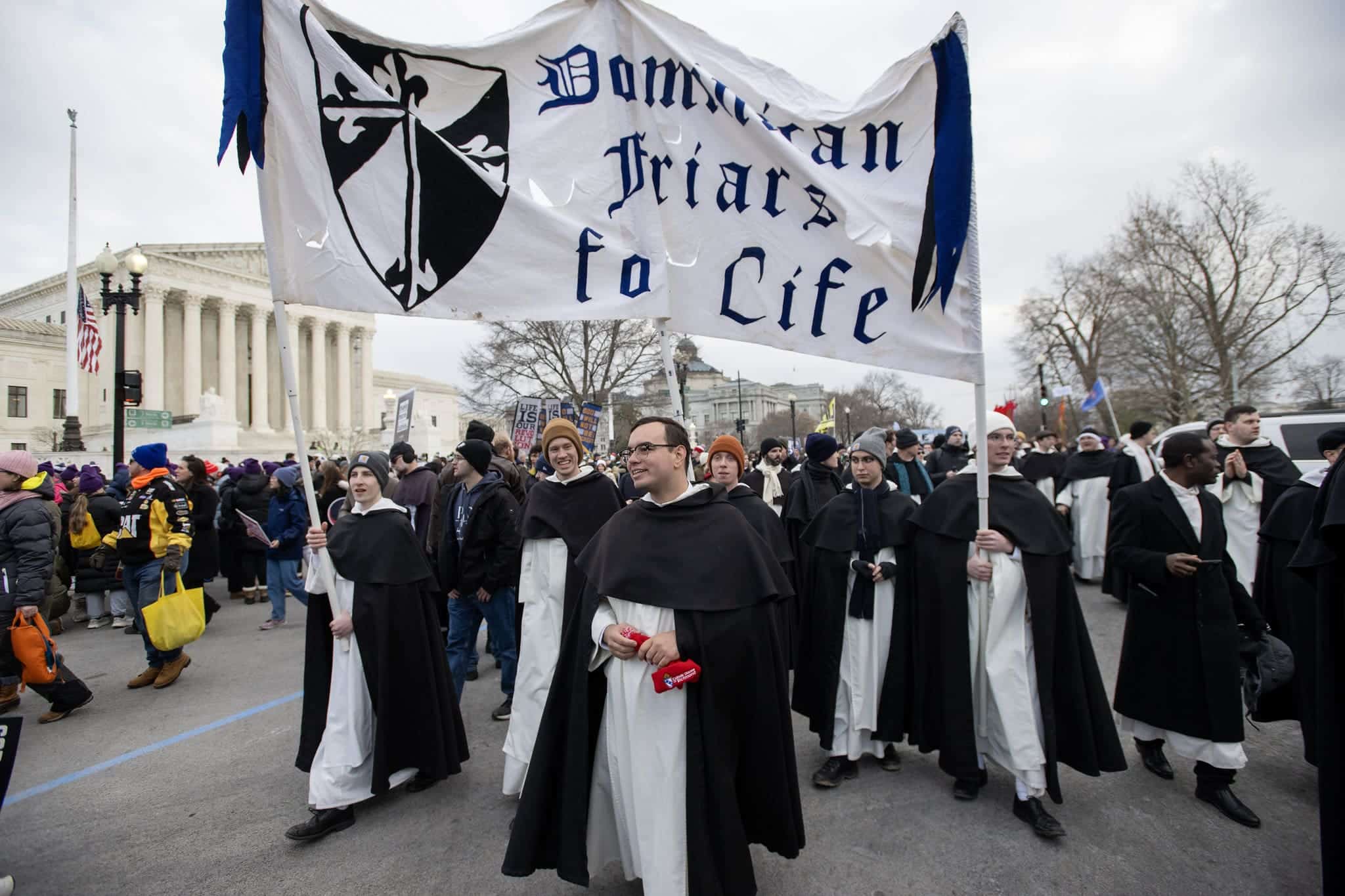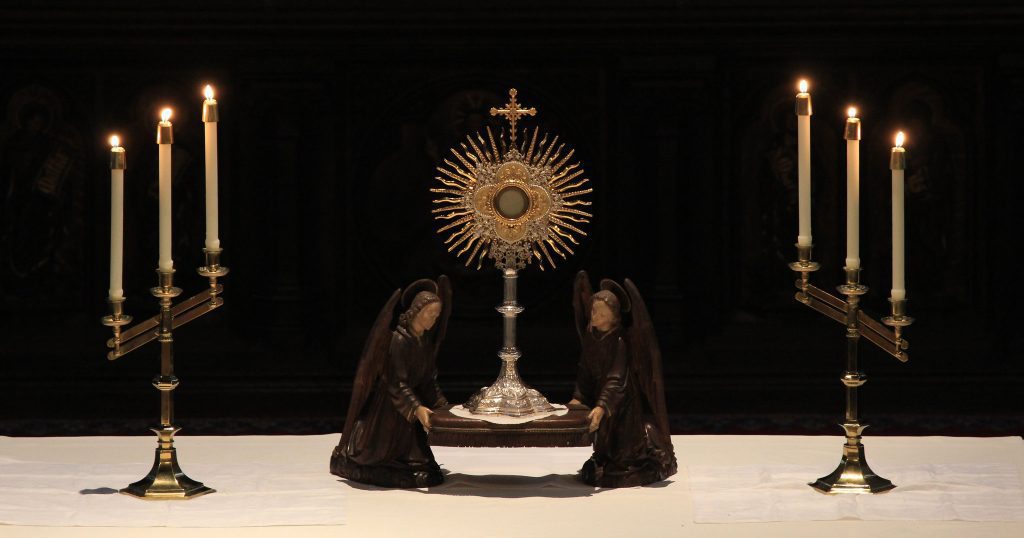
Photo by Fr. Lawrence Lew, O.P.

By Fr. Philip Nolan, O.P.
This article originally appeared in Dominicana and is reprinted with permission.
Many Catholics don’t believe that the Eucharist actually is the Body and Blood of Christ. Some of those Catholics have never been told what the Church teaches. But plenty who do know what the Church teaches still doubt the truth of that teaching. This doubt, it seems to me, raises a much bigger question: Who should you trust?
Perhaps you are one of these Catholics. Your doubt of the Eucharist is understandable. Many American Catholics think the Church is wrong about something: whether science, abortion, contraception. The Eucharist adds just one more belief to a litany of outdated positions.
We are modern Catholics. Yes, we believe in God. But the Eucharist—why is that necessary?
If we are to give the teaching on the Eucharist a fair shot, however, we have to look at the source of the teaching. We have to look at who makes the claim that the Eucharist is the Body and Blood of Christ. Like middle-schoolers working on their first research project, we have to learn to discern between trustworthy and untrustworthy sources. An Oxford University Press book? Generally, pretty good. Wikipedia? Less certain. Who is the source for the teaching on the Eucharist? Regardless of your belief in the Eucharist, if you identify as Catholic, it’s likely that you believe in God. You probably believe that he has our best interests in mind. That he has told us that he wants to be with us. That he sent his Son into the world to die for our sins so that we might live with him eternally. Does he really make the claim that this bread substantially becomes his Body and Blood?
Let’s look at some of the claims God makes about himself. The same God who says “I am the Lord, and there is no other” (Isa 45:5) says “This is my beloved Son, listen to him” (Matt 17:5). And what did God the Son say? He said that he would remain with us always (Matt 28:20). And he not only told us that he would be with us, but he told us how he would be with us: “Whoever eats my flesh and drinks my blood remains in me and I in him” (John
6:56).
These truths come from God. He tells them to us. They are trustworthy because he announced them, again and again. And they show a pattern— God becoming more and more present to us in surprising ways.
We put ourselves in a perilous position when we deny claims made by God himself about the Eucharist, claims preserved by the Church in the deposit of faith. Our disbelief suggests that, for us, God’s voice is one among many. Just as we may agree with one politician’s policy in one matter and someone else’s in a different matter, we follow the all-knowing God when it comes to the existence of heaven, but not when it comes to the Eucharist. More importantly, our disbelief in the Real Presence means that we reject God’s project of being with us and making us happy, making us saints.
In short, the truths of the faith stand together or fall together because of the one who speaks them. Sure, some of those teachings challenge us more than others. If we doubt, we pray for light—this is normal. But when we realize who is speaking, how can we have any response but faith? We do not begin with understanding. We begin with faith, and then seek understanding. Eventually we might see that his strange assertions are far more believable than our confused doubts.
With over 50 men in formation your support is needed to train these men to preach the Gospel as Dominican Friars!
